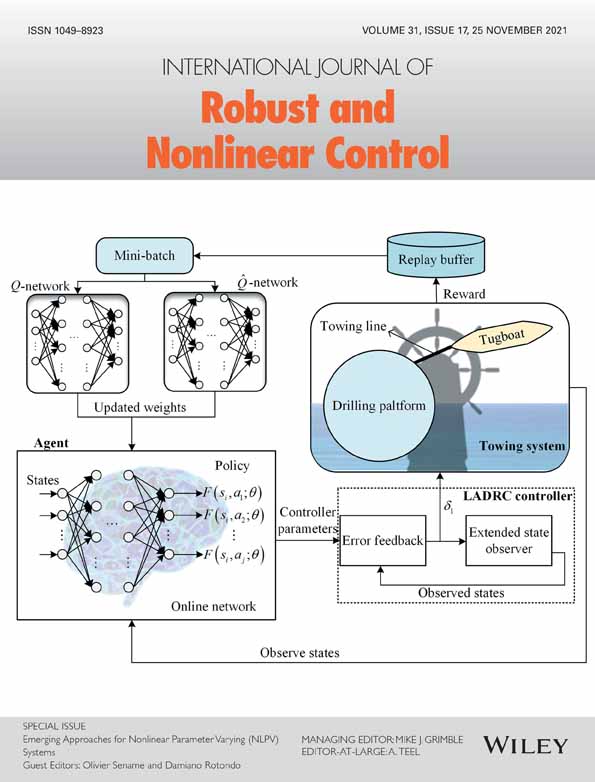Ensuring performance requirements for semiactive suspension with nonconventional control systems via robust linear parameter varying framework
Funding information: Magyar Tudományos Akadémia, János Bolyai Research Scholarship; Ministry for Innovation and Technology, Hungary, ÚNKP-20-5 New National Excellence Program; Nemzeti Kutatási Fejlesztési és Innovációs Hivatal, NKFIH 2018-2.1.13-TÉT-FR
Summary
In the article a method which is able to provide the required performance level of a system is proposed. Its principle is to combine the results of conventional control methods with those of methods based on nonconventional, for example, machine-learning-based ones. In more detail, it designs a robust linear parameter varying (LPV) control in a predefined form, whose output is equivalent to the output of a machine-learning-based control inside a predefined operational range. Outside of the operation range the output of the machine-learning-based control is overridden, while the intervention with the performance level is guaranteed. The efficiency of the proposed method is illustrated through an example on the semiactive suspension control design. The nonlinearities in the dynamics of the magneto-rheological damper are considered through a nonlinear parameter varying (NLPV) model. It designs an NLPV model-based LPV control, which is combined with a neural network to achieve preview capability.




